Early Childhood Education and Care Practices: A Comparative Report
VerifiedAdded on 2022/09/26
|6
|569
|35
Report
AI Summary
This report provides a comparative analysis of early childhood education and care (ECEC) practices between Australia and Canada. The introduction emphasizes the importance of early childhood education for children's development, highlighting its positive impact on mental growth and social interaction. The discussion section delves into the ECEC systems in both countries. In Australia, it distinguishes between formal and informal care, detailing preschools and long-day care options, as well as the role of parents and grandparents. The report references the Australian Institute of Family Studies (AIFS) for data. In contrast, the report notes that Canada mandates preschool entry by age 5, with optional programs in Ontario for two-year-olds. The conclusion underscores the universal importance of education, referencing UNESCO, and emphasizes the crucial role of family in a child's development. The report is supported by references to key research papers that explore various aspects of early childhood education and care.
1 out of 6
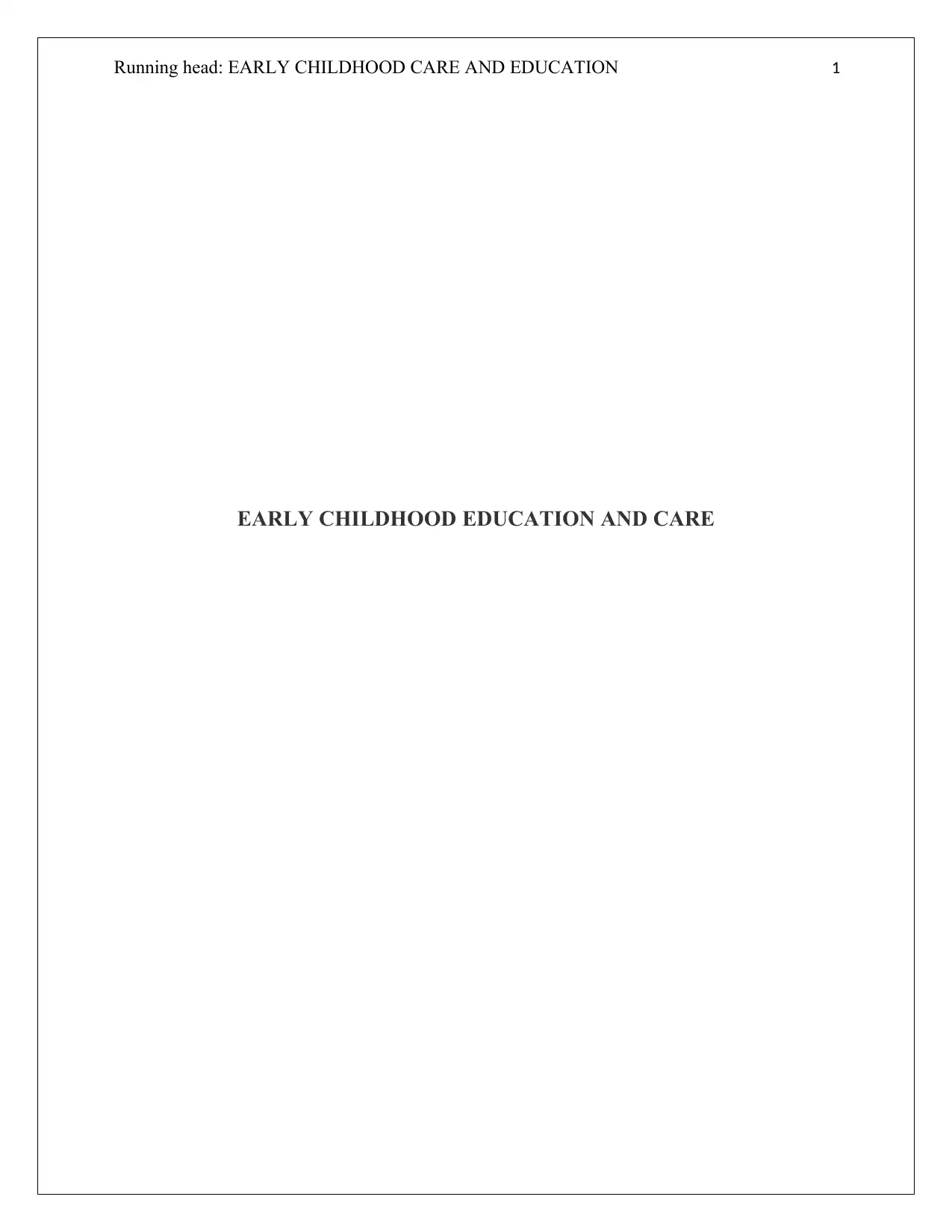
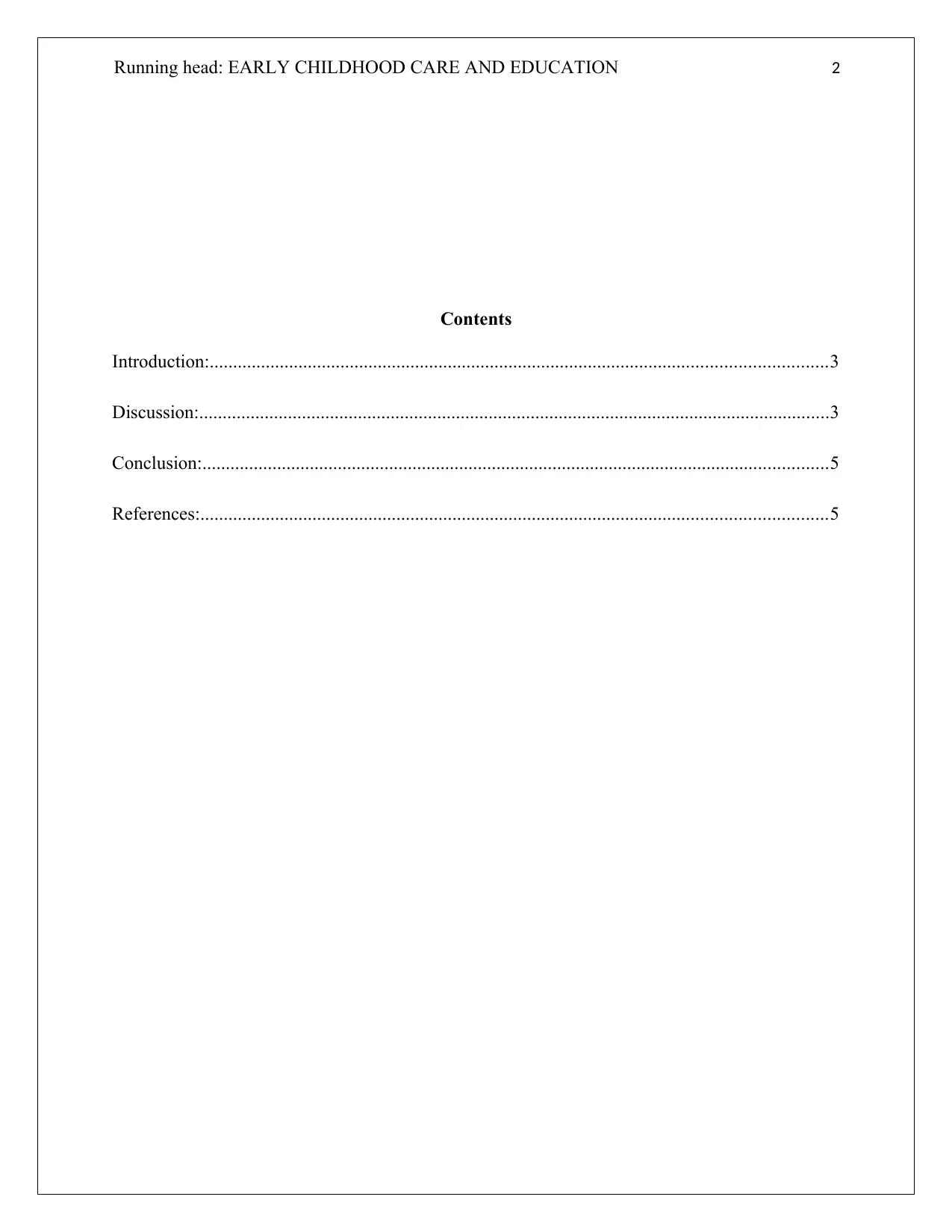
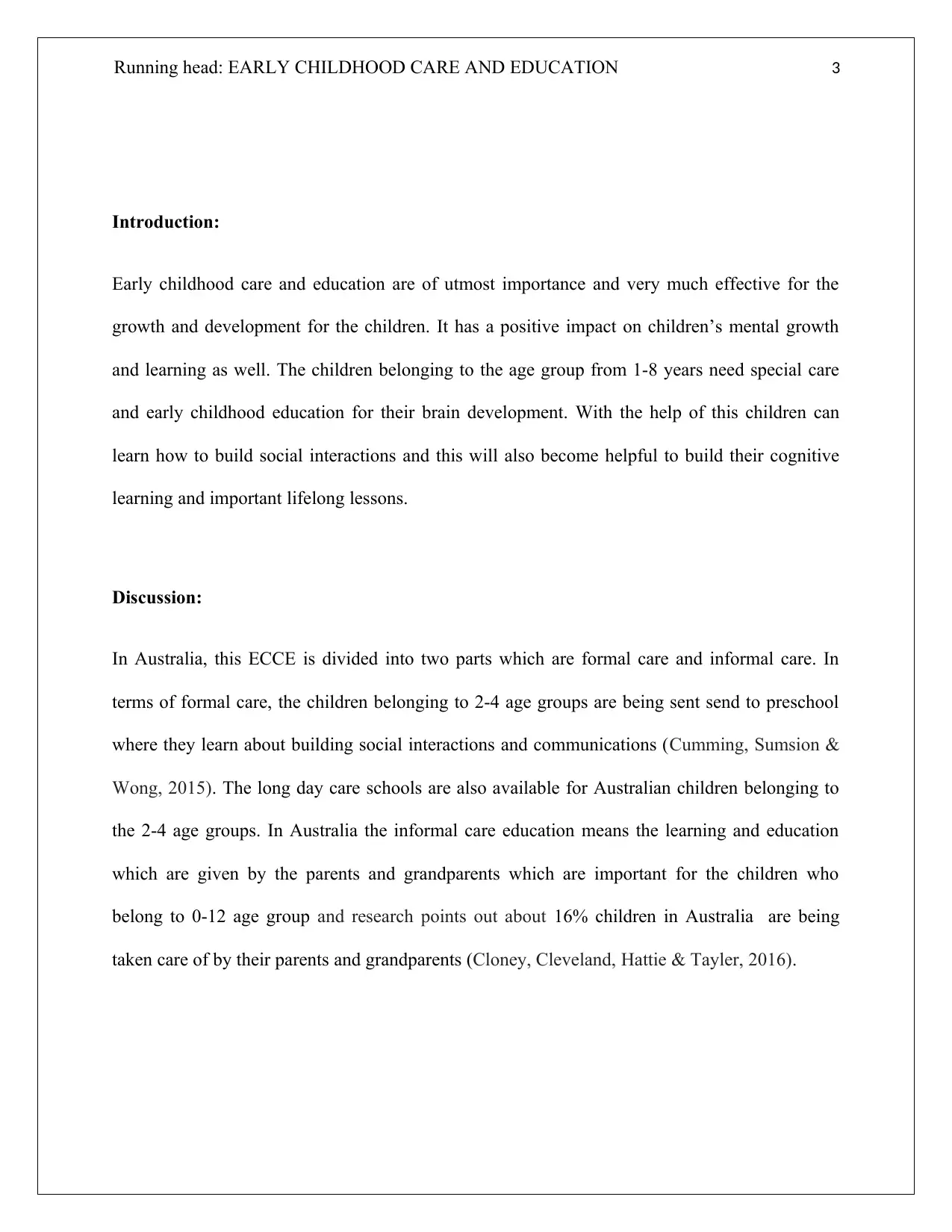

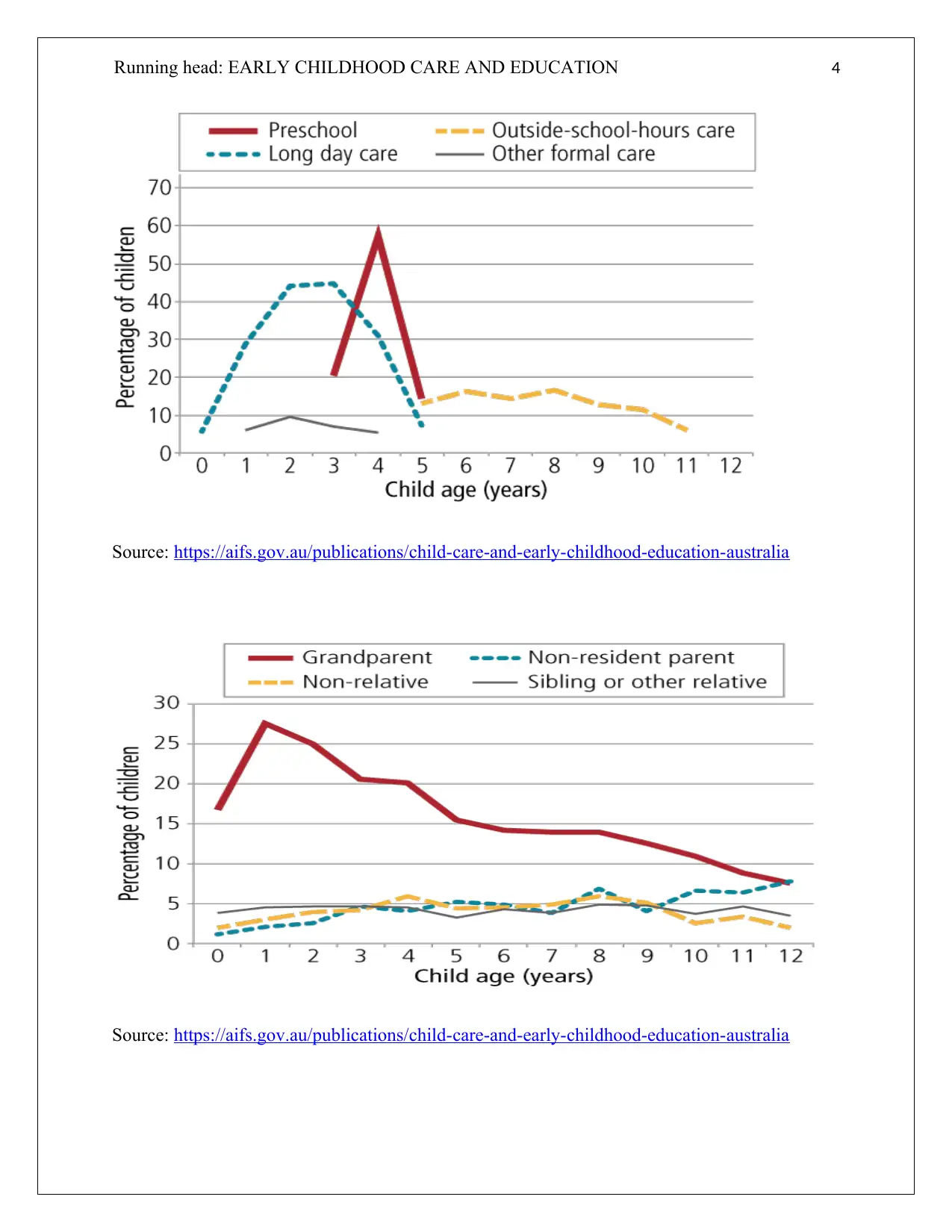
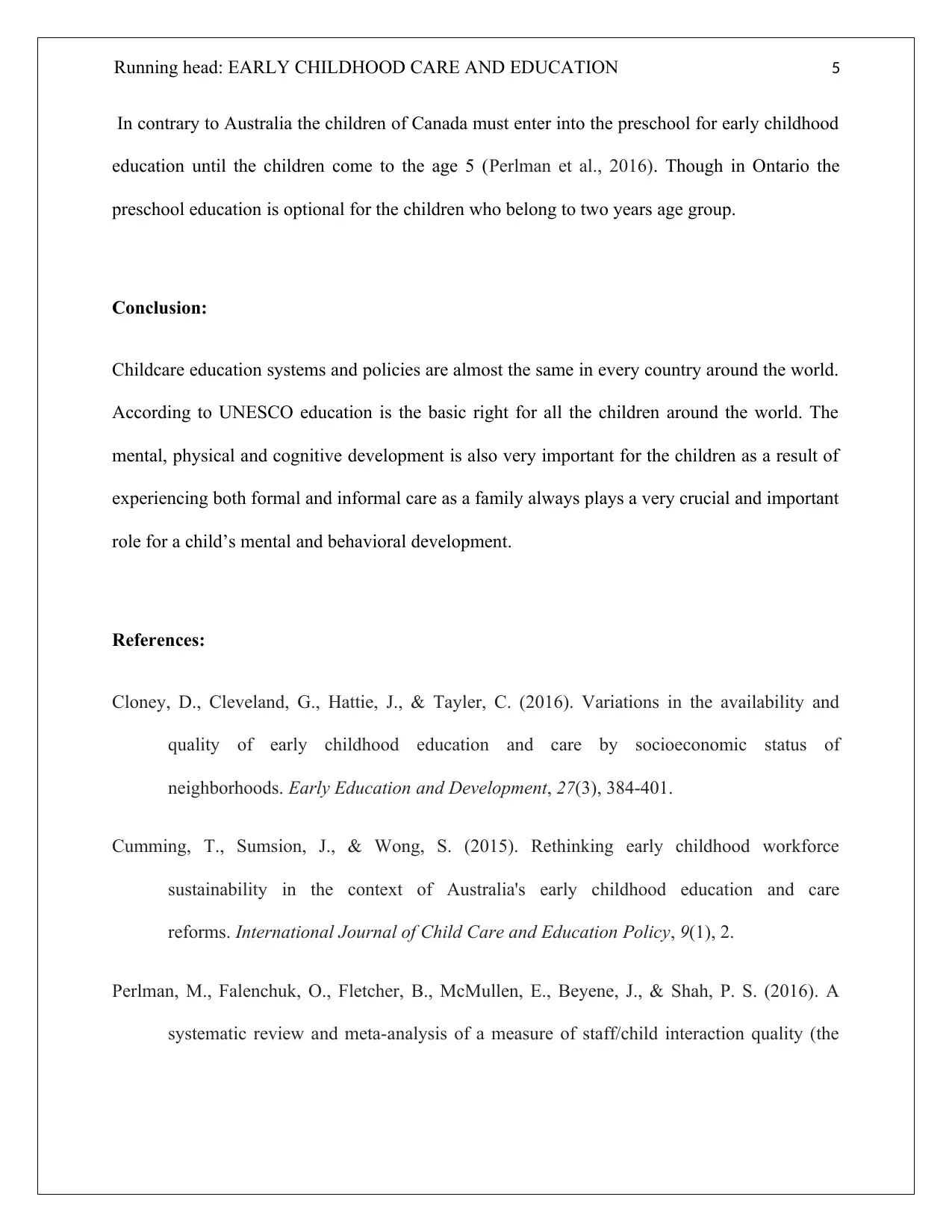
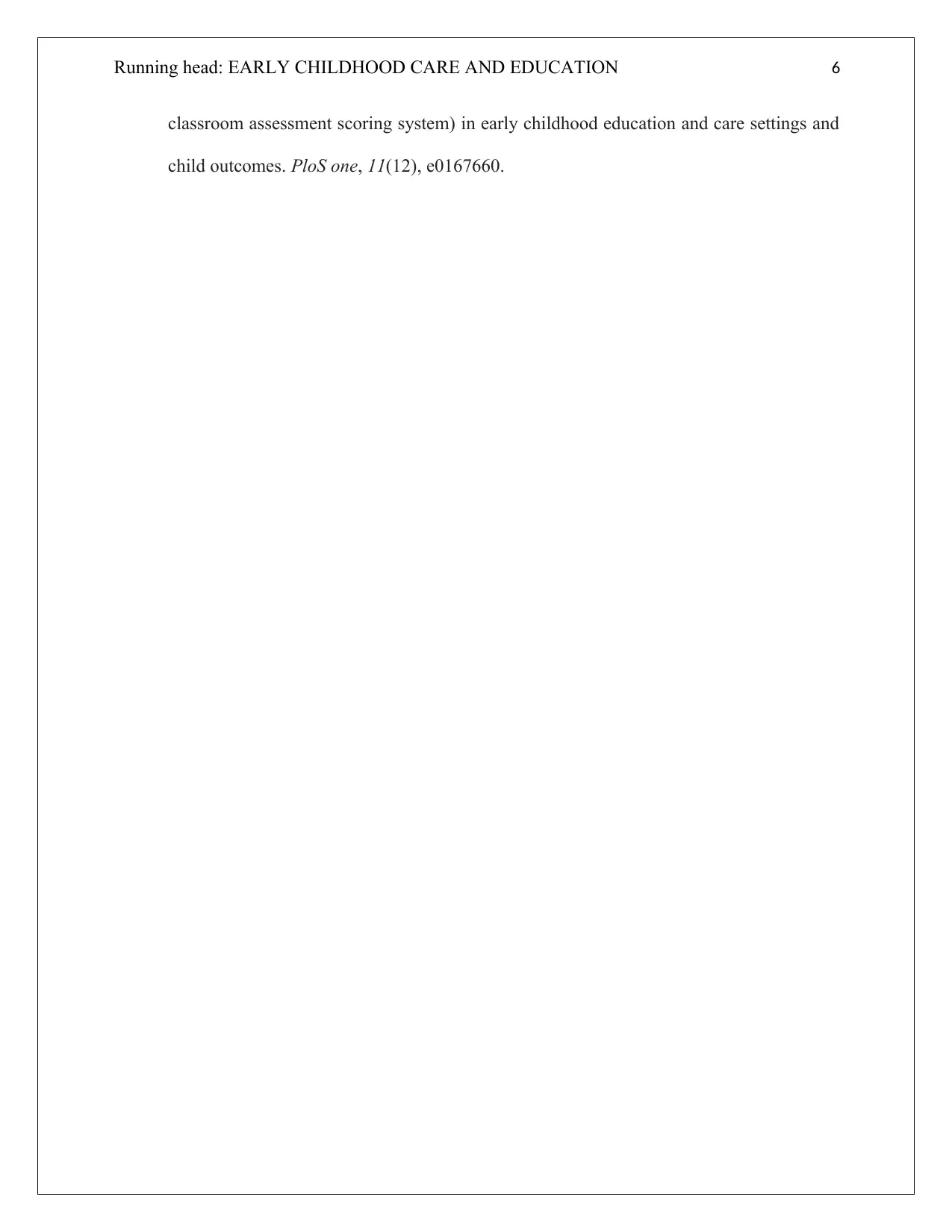






![[object Object]](/_next/static/media/star-bottom.7253800d.svg)